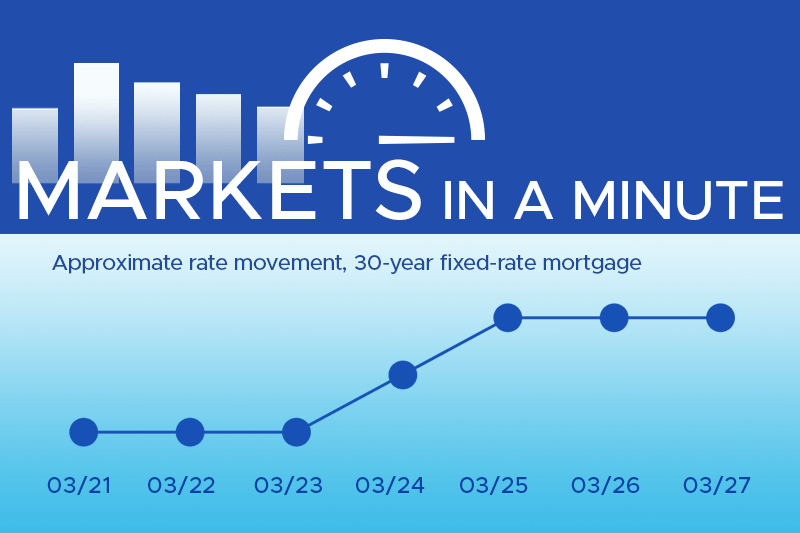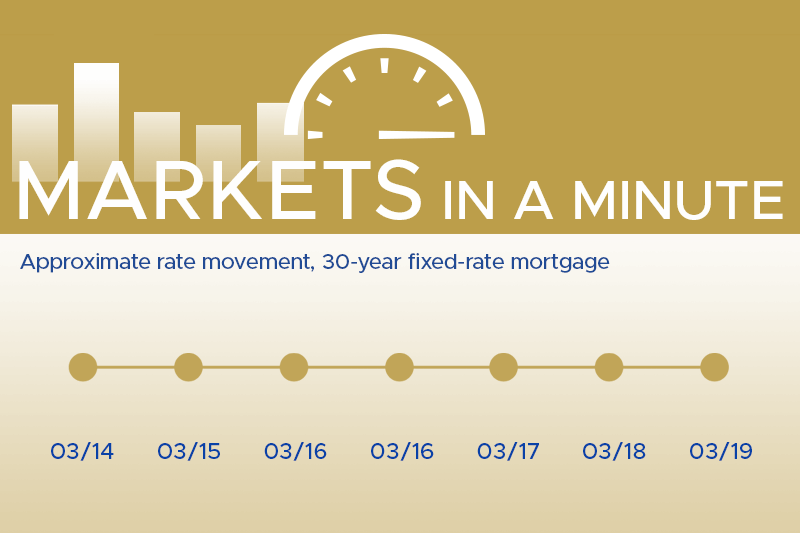At Thompson Kane, we stay ahead of shifting market trends so you don’t have to.…
Home Equity Management: 6 Things Every Financial Adviser and Homeowner Should Know
Financial advisers spend significant time guiding clients on saving, investing, and managing risk, yet they often overlook one of the largest assets most people hold: their home. Despite its critical role in financial portfolios, advisers tend to focus on more traditional investments like stocks and bonds, leaving a significant gap in the advice homeowners receive about home equity management and their real estate.
1. Why Homes Are the Biggest Asset in Portfolios
For most Americans, a home is not just a place to live but also the largest single investment they’ll ever make. According to the Federal Reserve, real estate accounts for about 25% of household wealth. The Federal Reserve’s Survey of Consumer Finances suggest that home equity constitutes around 47-50% of total net worth for this demographic. Yet many homeowners don’t view their property through an investment lens. Homes can appreciate in value, but they also come with risks like fluctuating market conditions and the costs of repairs and maintenance. Effective home equity management ensures this asset contributes to long-term financial stability.
Advisers usually stress the importance of diversification and risk management, but few integrate real estate as part of that conversation. By understanding how their home factors into long-term financial goals, homeowners can make more informed decisions about mortgages, refinancing, and overall financial stability.
2. The Role of the Mortgage in Home Equity Management
Your home’s value and mortgage go hand in hand. How you manage your mortgage can significantly impact your overall financial health. Unfortunately, mortgages are often an afterthought when advisers talk about debt management, despite typically being the largest debt a homeowner carries.
For instance, choosing the right mortgage product, refinancing at the right time, or paying off a mortgage early can provide opportunities for wealth building. Refinancing a high-interest mortgage or switching to a shorter-term loan can save tens of thousands over the life of the loan. Conversely, failing to manage a mortgage effectively can lead to financial strain or missed opportunities for savings.
3. Understanding Home Equity as an Asset
Home equity is another critical component of home equity management often left out of financial planning discussions. As homeowners pay down their mortgage and property values increase, they build equity. This equity can be tapped into through options like home equity loans or reverse mortgages, which may provide a safety net during retirement or for unexpected expenses.
However, using home equity should be a careful decision. While it can be a powerful tool for homeowners, it’s essential to evaluate whether tapping into equity aligns with broader financial goals.
4. Homeownership as Part of a Retirement Plan
Financial advisers often focus heavily on traditional retirement planning vehicles, like 401(k)s or IRAs, but homes can play a significant role in retirement strategies. Downsizing, selling, or leveraging a reverse mortgage are ways homeowners can turn their property into a financial asset later in life.
Failing to account for the home as part of retirement planning can leave gaps in a client’s financial picture. When the home is seen as both a living space and a wealth-building tool, homeowners are better prepared for the future.
5. Proactive Home Equity Management Is Key
One of the biggest mistakes homeowners make is being reactive instead of proactive about home management. Regular maintenance, staying ahead of repairs, and planning for potential property taxes or insurance hikes can help preserve your home’s value and prevent costly surprises down the road.
Homeowners should also pay attention to how market conditions affect their property value and mortgage terms. Just as with other investments, it’s important to adjust strategies based on market changes, such as rising interest rates or declining property values.
6. Financial Advisers Should Include Homes in Their Guidance
Given the financial weight of homeownership, financial advisers should incorporate home equity management into their advice. This might mean reviewing mortgage terms during regular financial checkups, discussing the role of home equity in overall wealth, or helping clients weigh the pros and cons of selling or refinancing based on their long-term goals.
By focusing on homeownership, advisers can give clients a more holistic view of their financial portfolio. Homeowners, on their part, should bring this asset to the table during financial planning discussions.
Summing it Up: Make Your Mortgage Part of the Conversation
Whether you’re a homeowner, prospective buyer, or financial adviser, it’s essential to recognize the significant impact a mortgage can have on your overall financial picture. Engaging a mortgage loan officer as part of your financial planning team can help ensure that your home loan aligns with your long-term goals. A skilled loan officer can provide insights on refinancing opportunities, the tax advantages of mortgage interest, and strategies for paying down your loan efficiently.
At Thompson Kane, our loan officers understand that a home is more than just an asset—it’s a key component of a well-rounded financial plan. Working alongside your financial adviser, they can help ensure your mortgage serves your broader wealth-building strategy. Reach out today to see how your mortgage can be an asset in your financial success.





